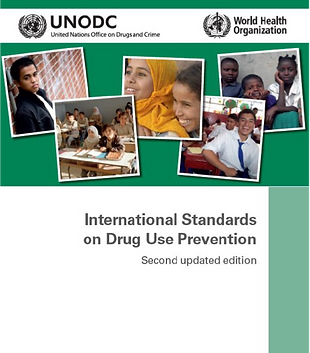top of page

Applying prevention science to policy and practice around the world

Announcements and More...

About APSI
Discover the groundbreaking insights from the ABCD Study, the first of its kind to offer valuable findings that can transform prevention practices. This summary highlights key implications for practitioners, paving the way for enhanced strategies and effective solutions. Dive in to learn how these findings can elevate your approach and make a meaningful impact in your field!
Let's talk about Prevention
Foundational Resources for Prevention Knowledge
Our Scientific Advisors Say...
bottom of page

















